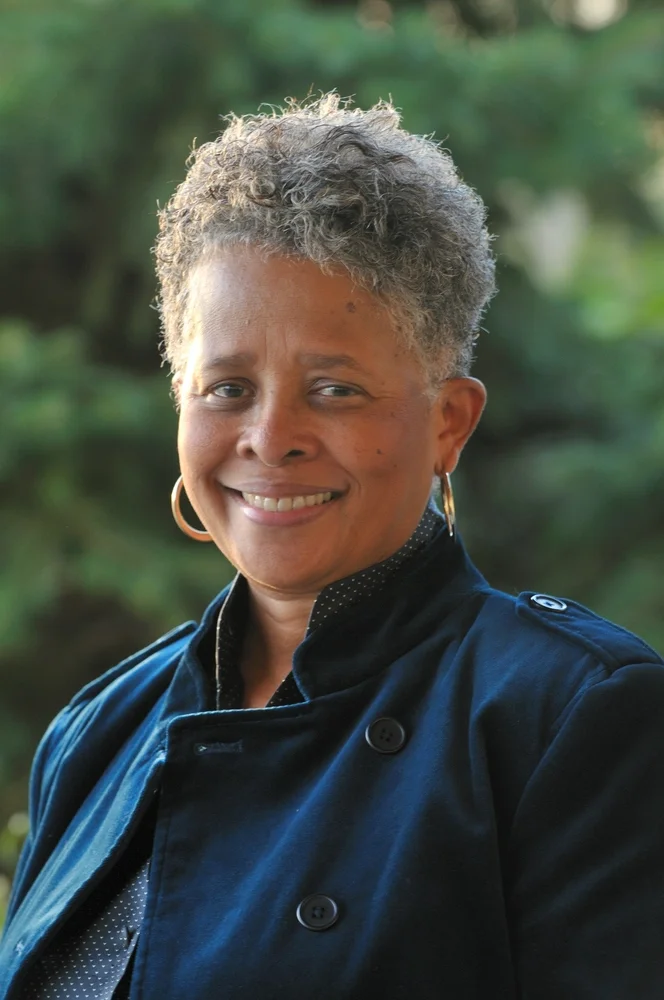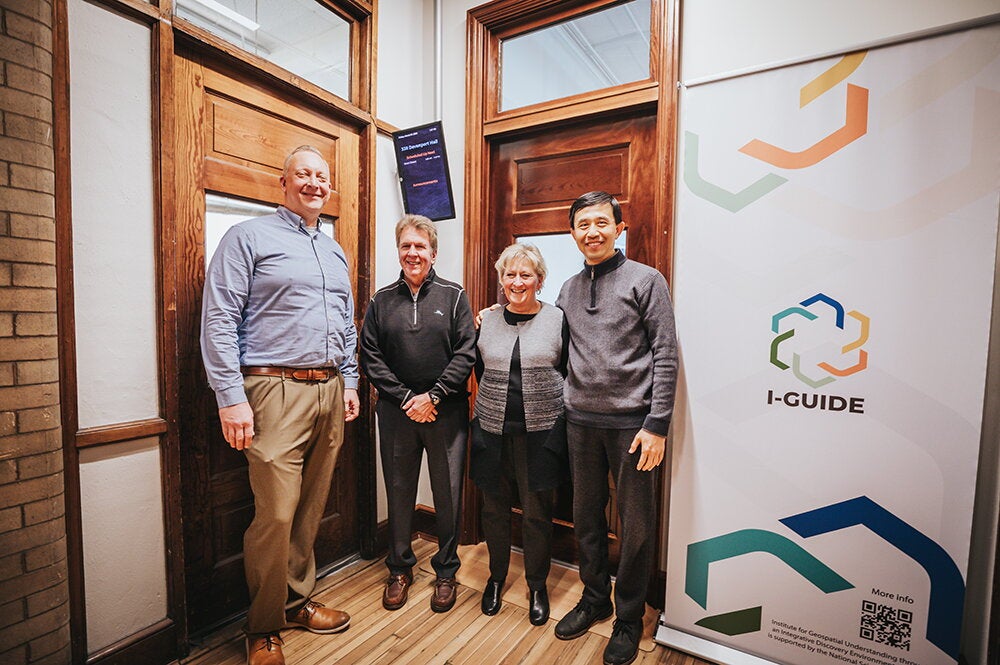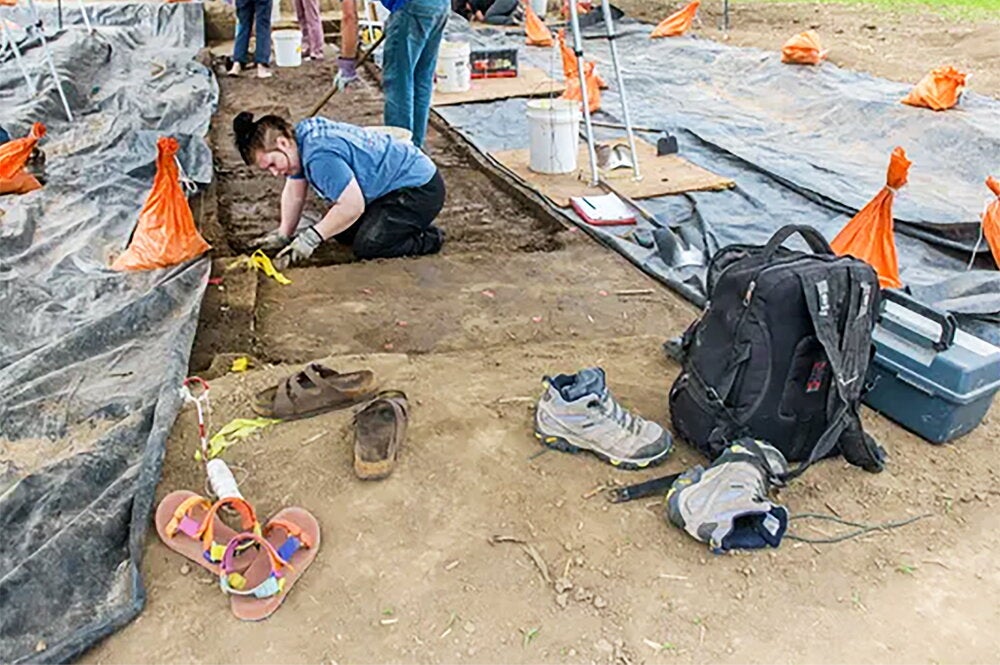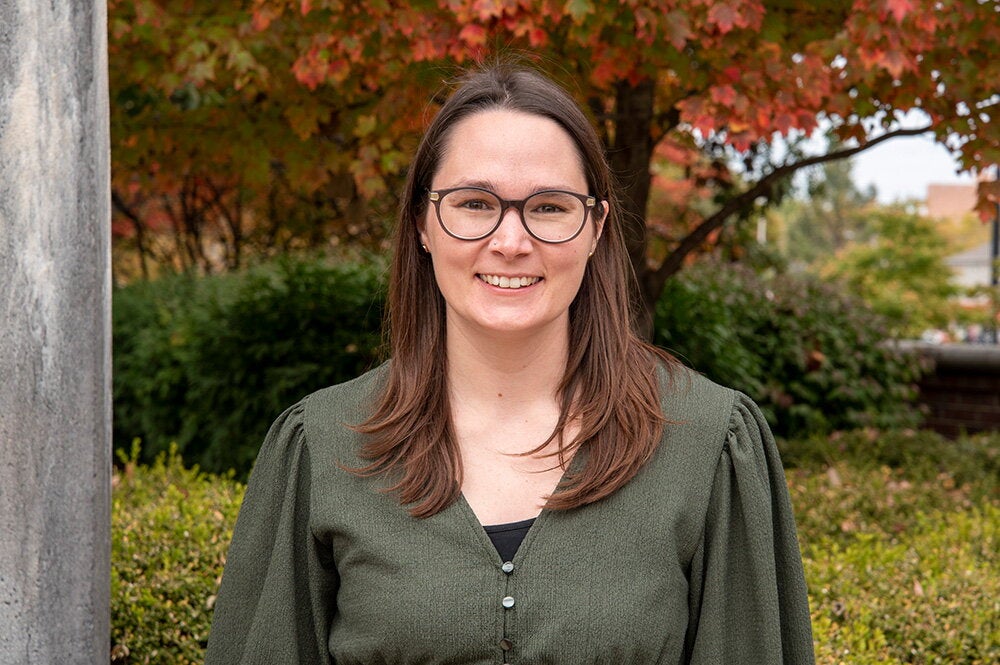
Carol D. Lee (BS, '66, teaching of secondary school English) says she will never forget the day she sat in on one particular class at a large urban high school. In her book Culture, Literacy, and Learning: Taking Bloom in the Midst of the Whirlwind, Lee describes talking to an articulate African American senior in the class who was clearly upset.
“I’ve done everything my teachers asked me,” the student told Lee. “I got good grades. But when I took the ACT, I didn’t score high enough to get into Morehouse.”
For Lee, this student personified the glaring gap in ACT scores and other academic measures between white and African American students. And this gap is a problem that Lee has spent her career tackling at all levels of education. She has committed herself to helping minority students bloom in a culture of low expectations and in the midst of many other “whirlwinds,” from poverty and negative stereotypes to communities with inadequate resources.
Lee has come at the problem as a teacher in high school and college, as a professor at Northwestern University, as an advocate and as a cofounder of several innovative, African-centered schools in Chicago. As Deborah Loewenberg Ball, dean of the School of Education at the University of Michigan, says, “Dr. Lee’s roots as a classroom teacher permeate her work as a scholar in ways that enhance both its credibility and its power.”
Lee’s unflinching commitment to her students and her groundbreaking theories on culture and education have also earned her the 2008 LAS Alumni Achievement Award.
Lee says she doesn’t know where she received her passion for teaching, because there were no teachers in her family. But wherever it came from, Lee had the desire from a young age. She remembers that when she would come home from grade school, she would pretend to be a teacher and would even write and grade the papers for a class of imaginary pupils.
As an introverted child growing up in Chicago, Lee says she found comfort in books. Her family also moved around a lot, taking her to five different grade schools. Then, at Crane High School in Chicago, two teachers played pivotal roles in kindling her passion for education—her orchestra teacher and her English instructor.
“It was the happenstance, the luck of the draw, that these particular people came into my lives as teachers at that particular time,” she says.
Inspired to become an English teacher, Lee went to Illinois Wesleyan where she encountered culture shock as one of only about 10 African American students on campus. But happenstance intervened once again when Lee came to Urbana for homecoming and discovered that the University of Illinois had closer to 100 African Americans. Lee says this number represented an important critical mass, so she transferred to the U of I.
In 1966, Lee received her bachelor’s from U of I in the teaching of secondary school English and taught at Chicago’s Englewood High School until 1968. In 1969, she received her master’s in English from the University of Chicago and began teaching English at Kennedy-King College. But what primarily influenced her direction, she says, was “the historical moment in which I was living. The late 1960s and early ’70s were the height of the black power and black art movements. And in many respects, I was a child of the times.”
In Chicago she met her future husband Haki R. Madhubuti (then Don L. Lee), a prominent poet in the black arts movement, and together they helped to found the Institute of Positive Education in 1969. This community-based, African-centered organization sponsored seminars on issues with which the black community wrestled, and it held classes, ran a food co-op and farm, and published a magazine and pamphlets.
In 1972, under Lee’s direction, the institute even began its own school, New Concept Development Center, which started as a Saturday program and expanded into a full-fledged school by 1974. Both the institute and New Concept Development Center still operate today, not to mention the three charter schools in Chicago that Lee also cofounded: the Betty Shabazz International Charter School, the Barbara A. Sizemore Academy, and the DuSable Leadership Academy.
African-centered schools, such as New Concept and the Betty Shabazz International Charter School campuses, take an expansive view of cultures, Lee says.
“The problem in education in the United States historically has been that schools have largely focused on the historical legacy of particular groups of people and excluded that of others,” she says. An African-centered school helps students understand the role of Africa in human history and how it has interacted with other cultures, from ancient Greek and Roman civilizations to Renaissance Europe and the United States today.
According to Lee, “Cultures are interdependent because human beings do not live in cultural silos.”
Lee received her PhD in education from the University of Chicago in 1991 and currently is a professor in the Learning Sciences Program of the School of Education and Social Policy with a joint appointment in African American studies, both at Northwestern University. She is also well known for her “cultural modeling” theory, which provides a framework for the design of instruction in ways that leverage everyday knowledge of youth, especially youth of color, to support discipline specific learning. One goal is to use the everyday knowledge of these students to teach vital concepts.
For instance, Lee has taught symbolism, irony, satire, and other literary reasoning concepts by analyzing rap lyrics, as well as the verbal games of wit and ritualistic insults commonly used by African American youth. Once the students understand the literary concepts in everyday use, a teacher can apply the lessons to the literature being studied.
Lee’s work has garnered numerous honors, and she is currently the president-elect of the 25,000-member American Education Research Association, the most prestigious international professional organization focused on educational research. She is also a member of the National Academy of Education.
“Carol Lee stands out uniquely among contemporary education scholars,” says Loewenberg Ball. “Her work has influenced my thinking in ways that are foundational, I know I am not alone.”


